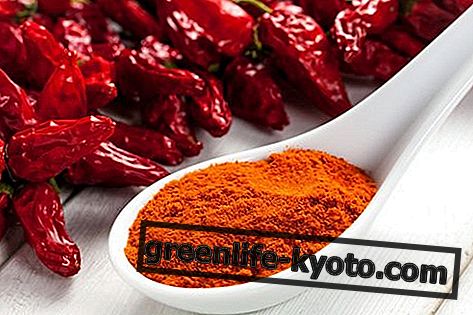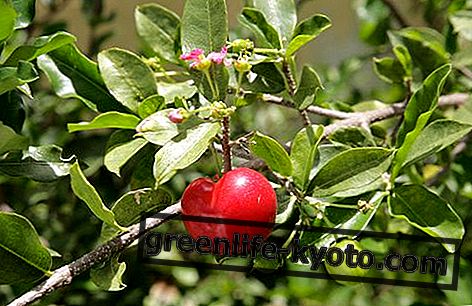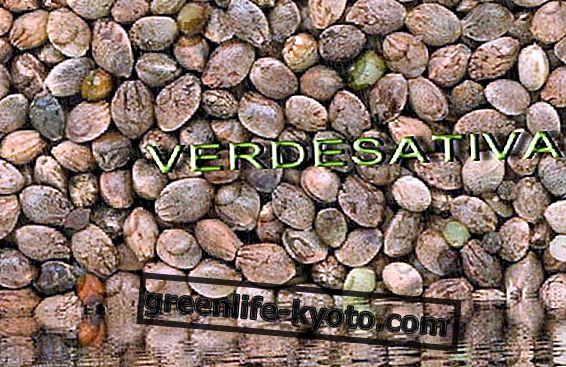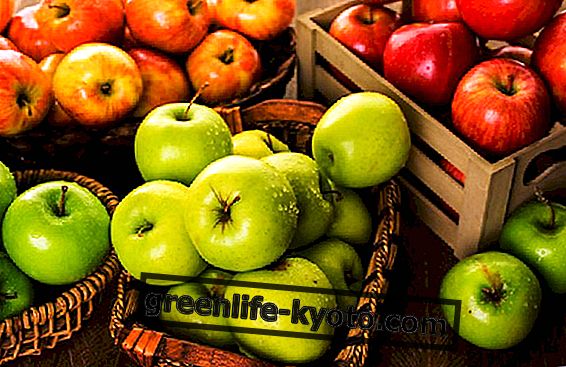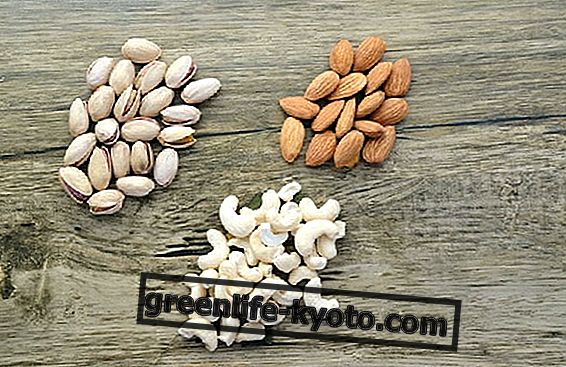
I don't know about you, but for me it's already difficult at the start. That is: exactly what are the plums ? And what's the difference with prunes?
I inquired and I update you with a botanical "scoop": plums and plums are the same fruit ! The difference is that when the fruit is fresh it is called plum, when it is dry it is called plum . There is no difference on the botanical level, but it is only a different name depending on the state of conservation. Both terms indicate the fruit that is born on the plum tree (Prunus domestica), also called "pruno " and a native of Asia.
Beyond scientific classifications, however, in the common jargon the term "plum" is used for the round and soft quality, and " plum " for the blue-purplish one with an elongated shape, from which the plum color derives.
The situation is therefore very confusing, as you can see. We will consider plums as fresh fruit, in small and tapered quality . What are their properties?
Plums, property
Established - more or less - what they are, we see a roundup of the main properties of plums on different sides: organoleptic (color consistency) and nutritional.
The organoleptic properties of the plums:
> blue-violet peel containing pruina (a protective wax towards microorganisms) and antioxidant polyphenols ;
> light pulp , yellowish, translucent and enveloping the woody kernel containing the almond;
> sour and intense taste, which is why the fruit is more suitable for storage in cans.
A note on the almond contained in the kernel of the plums : the almond owes the bitter taste to amygdalin, a toxic substance typically contained in bitter almonds . Therefore it is not recommended to make frequent and / or significant use of plum almonds.
The main nutritional properties of the plums:
> rich in vitamin A (antioxidant)
> rich in soluble and insoluble fiber
> rich in diphenylsatine, which stimulates intestinal motility
> rich in water ;
> good potassium content ;
> moderate caloric intake : they contain about 35 calories per 100 g.
Plums, benefits
Pregnant women, or perhaps women in general, are well aware of this, and in my experience they suffer from constipation much more frequently than men: plums are excellent for intestinal regularity. Let's see in detail these and other benefits of plums for our body:
> laxative action, thanks to the high fiber content but especially to diphenylsatin;
> remineralizing and energizing action, thanks to mineral salts;
> rehydration action, thanks to the good water content;
> aid in the control of cholesterol and glycaemia, thanks to soluble fibers.
